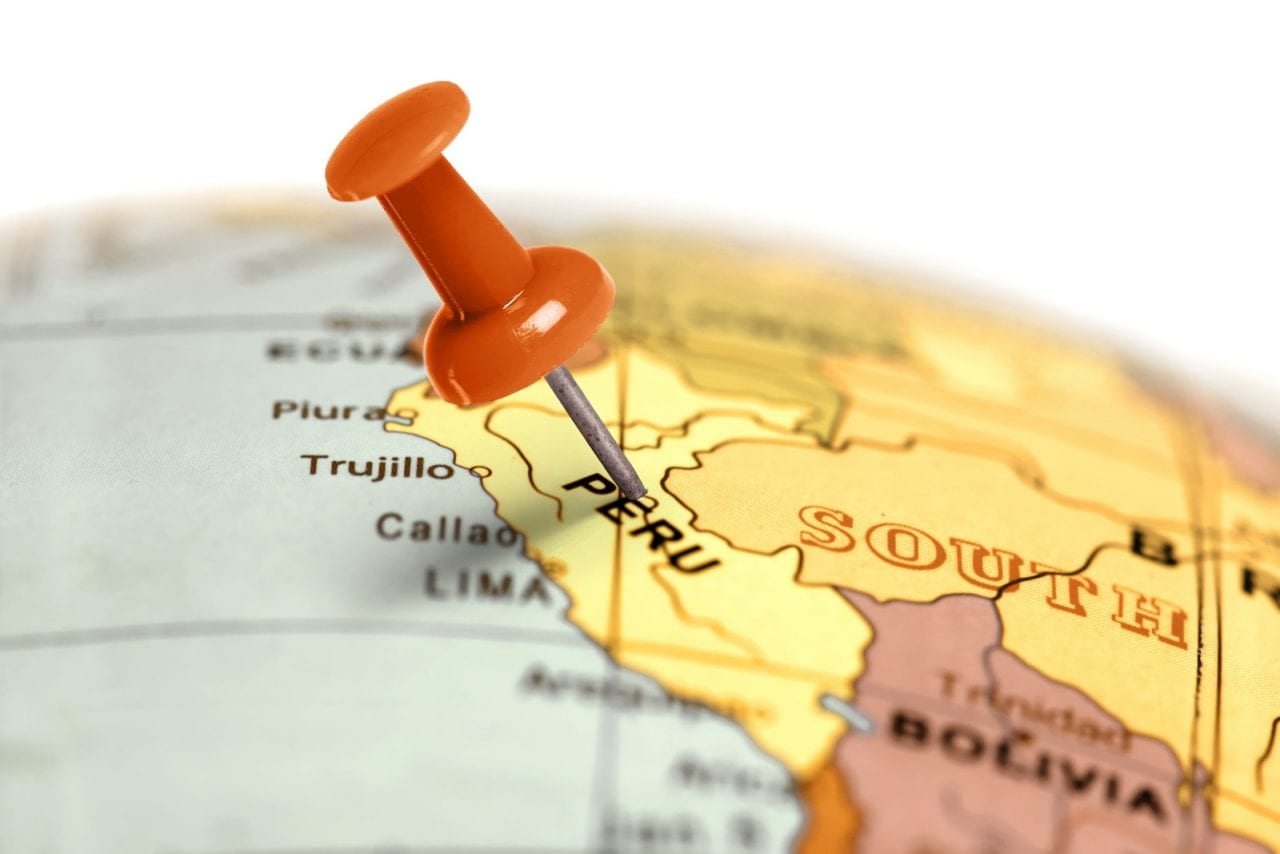It’s funny to answer a question like “how do people live?” through social sciences. Actually, it has to be considered in abstract terms. It is not that everyone in the city behaves the same. But, anyway, as a foreigner and a student set up in Wroclaw, I will do my best as far as the social inputs and cultural observation can go.
I could start by saying that I consider insufficient speaking about any aspect of Wroclaw without referring to the Polish context, or even Eastern European, Central or Western European context, if the subject demands it. The following ideas are applicable to Poland as a whole and in most cases what I feel about Wroclaw in specific is that they are just less remarkable if we compare with other parts of the country. Important personal data: I have only been in three cities (Lodz, Wroclaw and Cracow), but I find Polish culture, at least in cities, kind of homogenous and this is the general feeling people may have, according to conversations I have had the opportunity to get.
First of all, the Polish schedule is regulated by daylight. This asseveration is almost literal. As the sunlight stays few hours, the journeys become shorter comparing to other parts of the world: the stores close early, the economy goes slower and lifestyle is mostly quiet, a little bit like being in the country. As a consequence, the perception of time is also different. Day passes faster and this fact has an impact on the intensity of the routine and daily activity.
What I point out about Poland could be one thing that explains a certain cultural duality. If as a whole, the Polish society shows low level of dynamism and social change, could you imagine how this works in the most traditional regions? In this context, I find normal that this springs forth an ocean of differences between all relative to tradition versus modernity.
In fact, one of the things I hear the most about people is how much Varsovian citizens frequently disregard those own compatriots considering them provincial ignorant people. In response, people from Warsaw have got the first prize as the most hated ones in whole Poland. Ironically, the people I have met through the three cities I’ve been traveling didn’t have much in common, but the fact of not being ignorants at all.
Secondly, there is another consequence related to the daylight schedule in Poland that until now I had just suggested, talking about the work. A lot of people work under the same schedule, starting at 8 or 9 am and finishing around 5 pm, 4 pm, or even 3 pm, with longer breaks between hours. The holidays are plentiful.
Personally, I find this labor organization very healthy and balanced in the broad sense, because maybe unintentionally it is actually a solution to the problem of living for work, instead of working to live that almost all the countries around the world have. But there’s one detail in relation with this “policy”: if most of the services are opened at the same hours, at the end it becomes very difficult to enjoy the city, or at least do in a practical way the mandatory and rutinary we must do apart of study or work (pay bills, go to the bank, buy food…).
This is the principal disadvantage about staying in a not really dynamic place. Things would be different if the concept of work in shifts was spread (morning shift, afternoon shift, in some cases evening or night shift). For instance, even in a city like Wroclaw, it is hard to find an opened restaurant if it is not lunch or dinner time, or a hairdresser after 4 pm, just like if they were banks. So this reality is also related to the strict and traditional lifestyle spread by the whole country, which is not bad itself at all, but that can frustrate foreigners or young people in general that have been raised in cities with a different perception of time and its uses.

![How people in Wroclaw live? [The view from abroad]](https://archiwum.wroclife.pl/wp-content/uploads/2016/12/Peru-map.jpeg)


